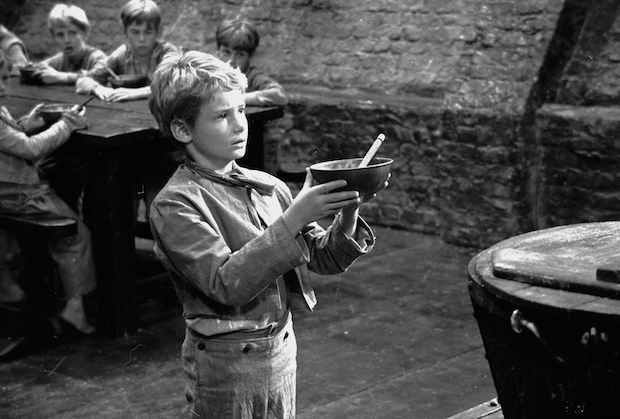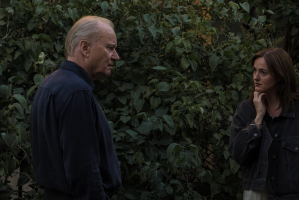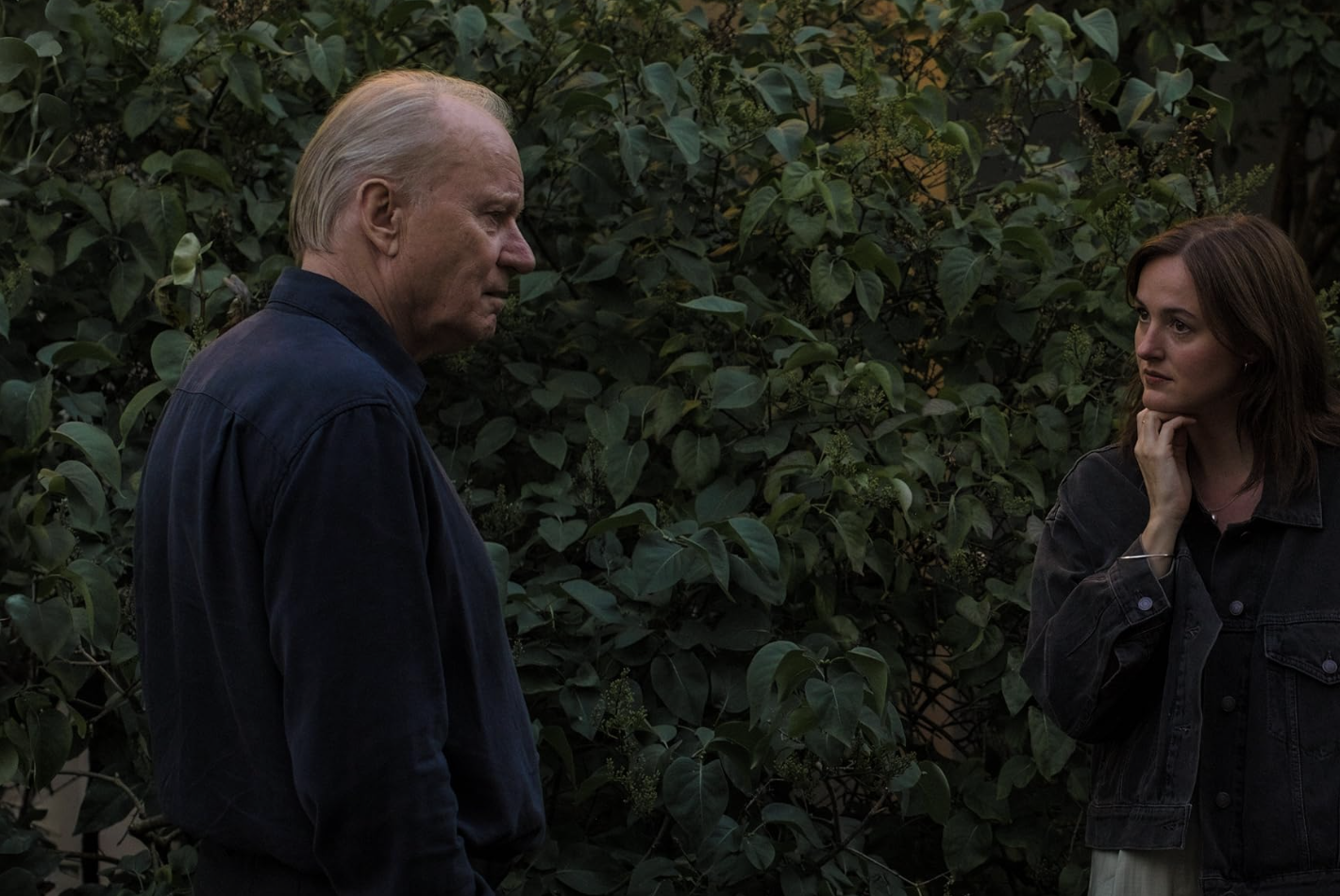The New York Times is at it again. It was only back in May that Spectator USA was forced to call into question the paper’s coverage of Britain, after a curious article on ‘Austerity Britain’ by one Peter S Goodman appeared, complete with a slew of glaring omissions.
Well, now it seems that the NYT has staggered off its stool for another bruising round. A food review of London has been published in its Blighty-sceptic pages, and it can’t be said to be very much better than poor Mr Goodman’s. The author, Robert Draper, has written an article about the capital’s food scene, in which he praises the city for having turned its back on the boiled mutton and bowls of porridge which, to his mind, dominated the city’s menus until the very recent past.
Marvelling at the fact one can now find restaurants serving real-life Mediterranean food, and even dishes from countries as far away as India, Mr Draper recalls with a shudder his previous trip to the isle, just a decade ago, when stewed oats and the inedible flesh of old sheep had been pretty much the only thing available anywhere. This he felt, quite understandably, would make for a ‘sallow and predictable dining experience’ in the metropole.
Only Mr S can’t help but wonder if Mr Draper has really taken all possible steps to acquaint himself fully with London and its food-stuffs before he wrote up his article. Spectator USA has highlighted the most questionable aspects:
1. Diners used to shell out for porridge and mutton
Draper claims citizens of the capital used to pick at porridge and mutton on Friday evenings while they caught up with their friends. In fact, only in a few establishments were more ‘scattered exceptions’.
2. Shoreditch is not a ‘commercialised district’
Draper doesn’t think much of David Cameron’s ‘Silicon Roundabout’ line. Shoreditch, to his mind, is not the home of an East London Tech City, or the one million restaurants, cocktail bars, tie-free members’ clubs and novelty cafés that service its fashionable workers. Instead, it’s an under-developed back-water that, until the food ‘revolution’ that miraculously seized the capital sometime in the last ten years, was populated exclusively by people who’d never eaten anything but jellied eels and boiled rubber. Someone might want to tell Foxtons.
3. The Central Line can be heard rattling past in above-ground Bethnal Green
No matter that the Central Line is one of the deepest on the Underground network, Draper still had it drowning out Echo & The Bunnymen while he was eating in the non-subterranean restaurant Sager + Wilde in Bethnal Green. Perhaps he meant the Overground?
4. Welcome to Mayfield
Good food is now available in urban wastelands like Shoreditch. We know that. But the revolution didn’t pass over the ‘high-rent zones of West End, Covent Garden and Soho’ or… Mayfield. Draper refers to Mayfair as ‘Mayfield’ (later amended by some sharp-eye on the sub-ed desk)? For some reason, the NYT just doesn’t feel much of an affinity with Britain, these days.

























